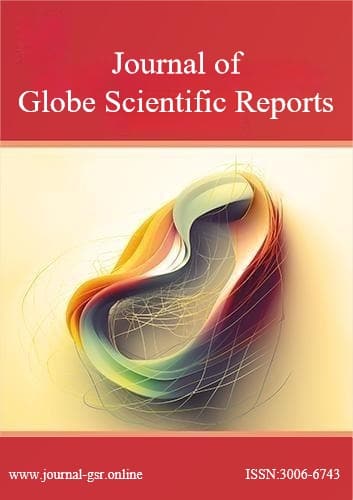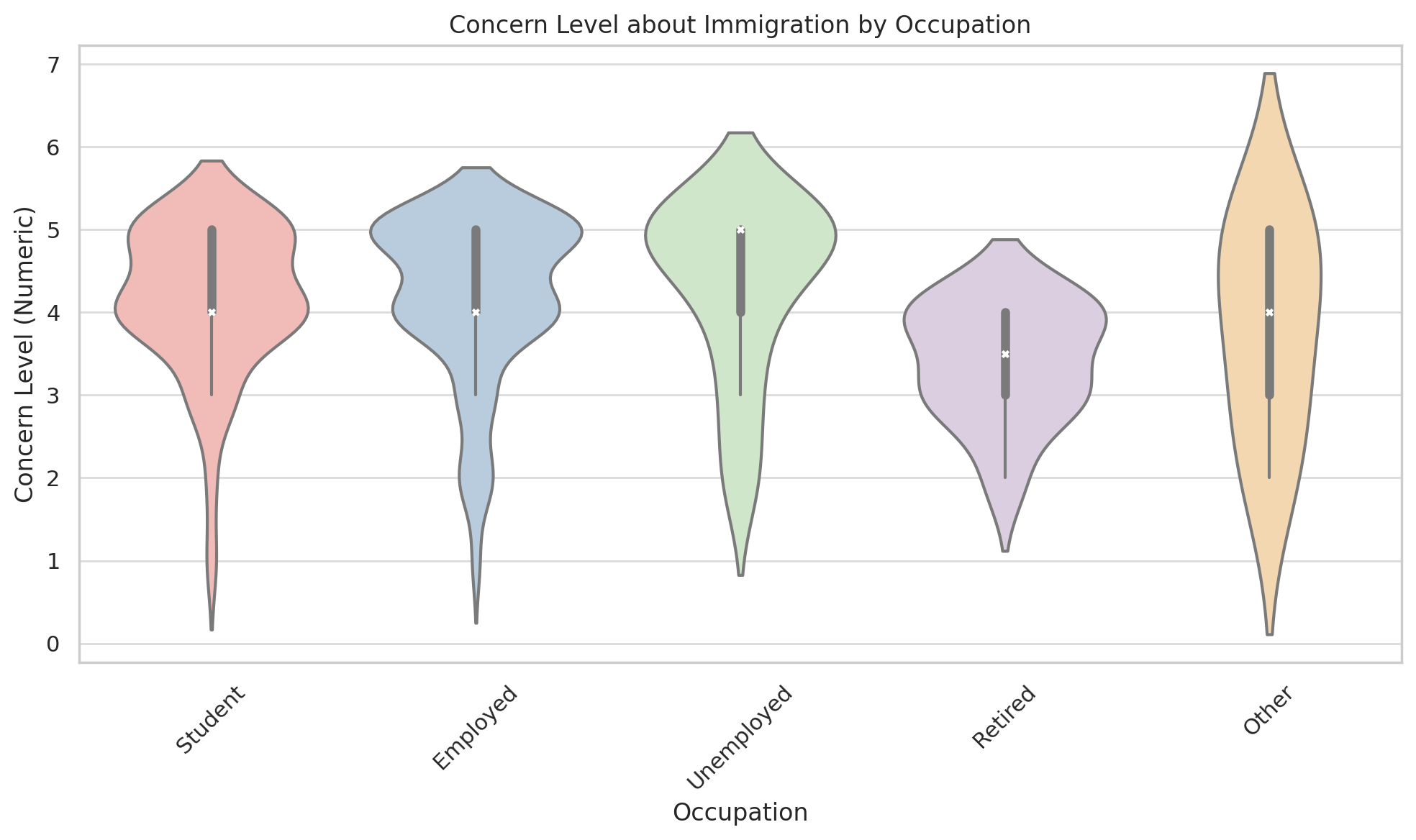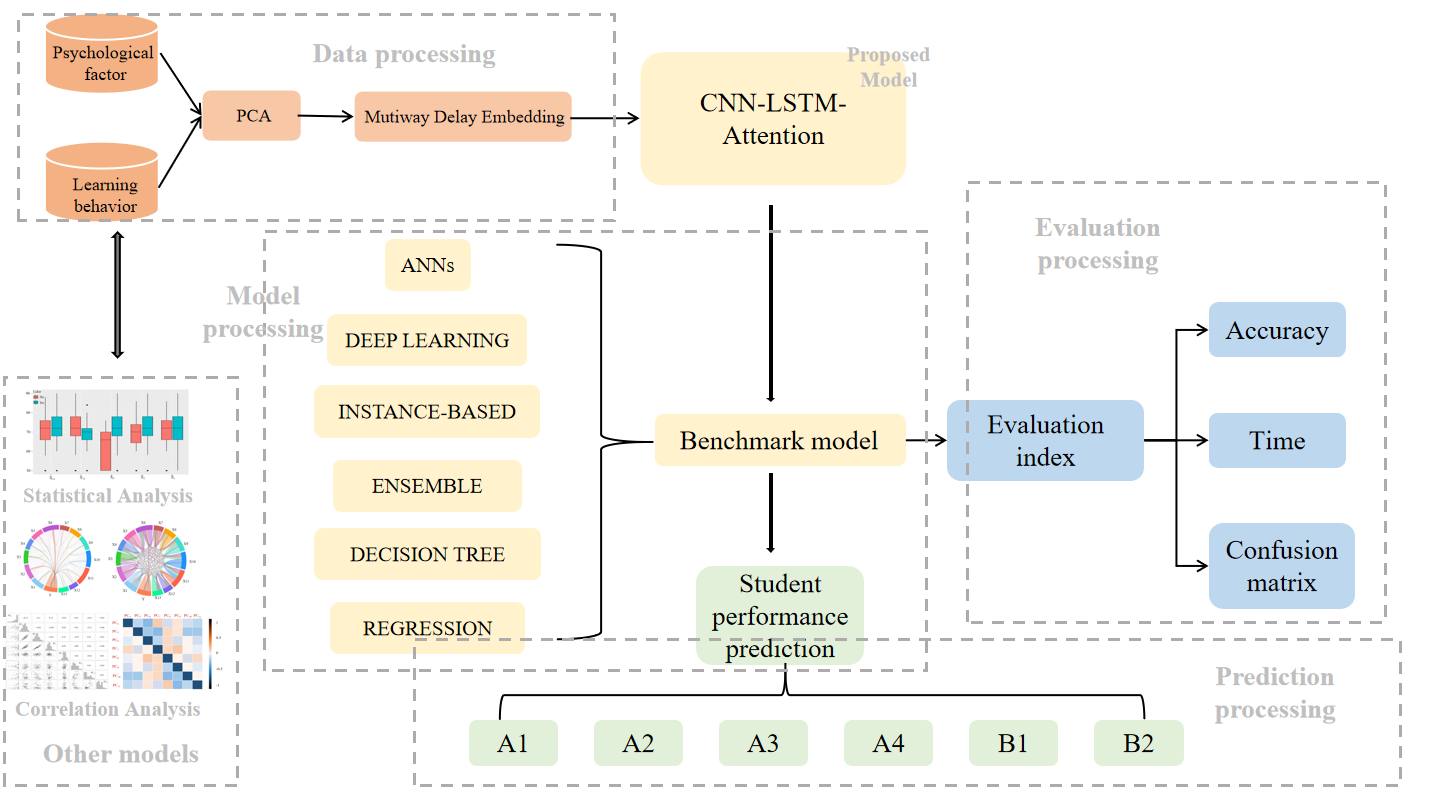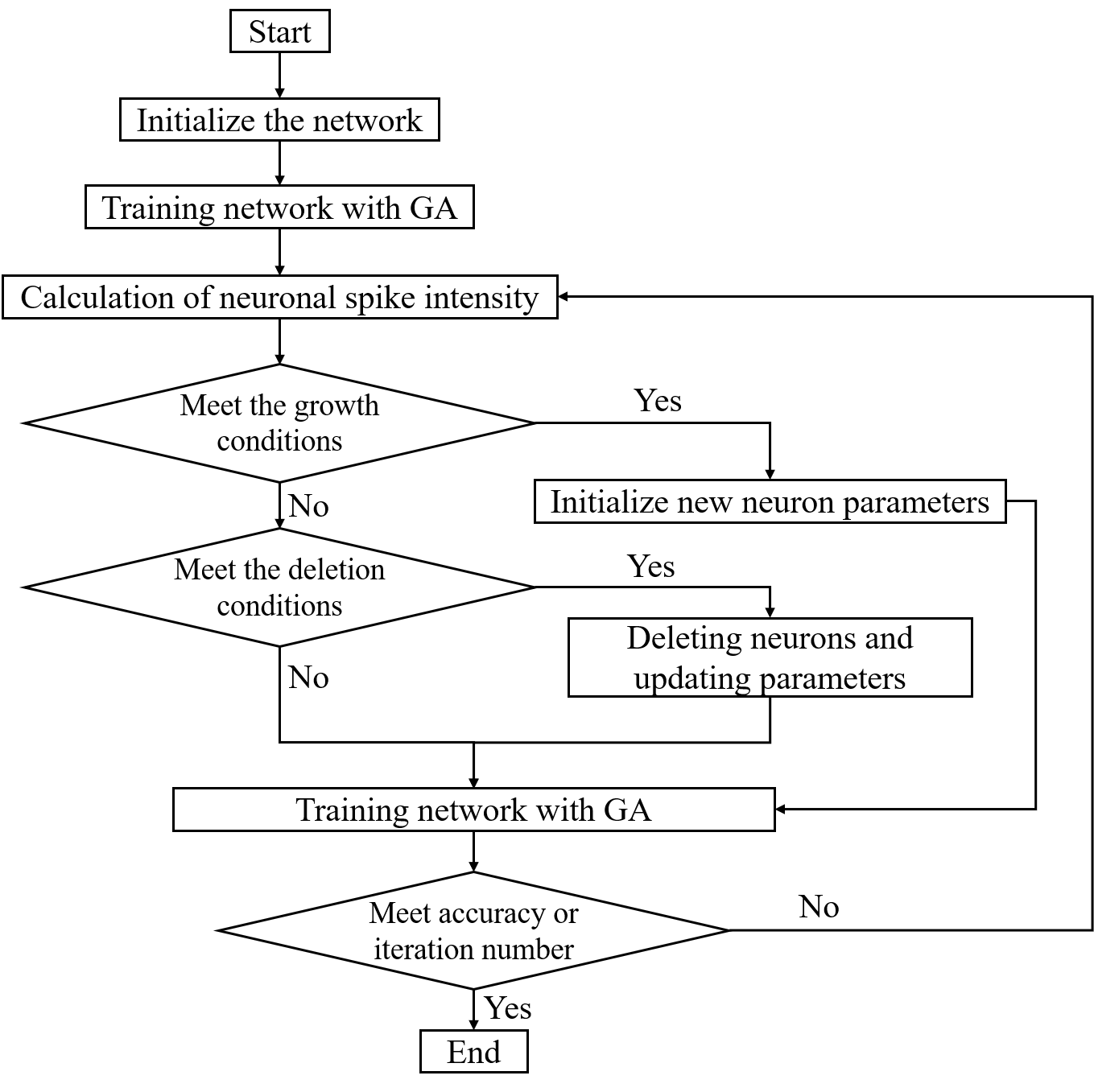 An open access journal
An open access journal
Empirical Study on the Issue of Blank Appeals by Defendants Pleading Guilty:Based on an Analysis of 164 Cases Nationwide
Abstract
Since the wide implementation of the leniency system for guilty pleas, it has become common for defendants who have pleaded guilty to appeal on grounds such as "excessive sentencing" in an attempt to serve sentences locally or seek further mitigation. The blank appeals reflect a significant value conflict between fairness and efficiency, which is particularly pronounced in cases involving leniency due to guilty pleas. Judicial practice shows differing attitudes between prosecutorial and judicial authorities, and even within these systems, regarding the handling of blank appeals by defendants who have entered guilty pleas. This study will examine a sample of second-instance criminal cases involving appeals by such defendants nationwide, aiming to reveal the current state of judicial practice and provide data to support strategies for addressing blank appeals in guilty plea cases.
Share and Cite
Article Metrics
References
- Kun Dong, "Research on Detention Appeals in Guilty Plea Leniency Cases," Inner Mongolia Social Sciences (Chinese Edition), 2019(3): 118.
- Yangyang Bu, "On the Relationship Between Appeal Rights and Prosecutorial Appeals Under the Guilty Plea Leniency System," Law Journal, 2021(4): 122.
- Minfeng Jin, "Why Do Guilty Plea Defendants Appeal? An Empirical Study from the Perspective of Detention Appeals," Hubei Social Sciences, 2019(4): 128.
- Article 589, Criminal Procedure Rules of the People’s Procuratorate.
- Xuesong Li, "From Empirical Facts to Normative Judgments: The Future of Summary Appeals," Journal of the National Prosecutors College, 2021(2): 127.






